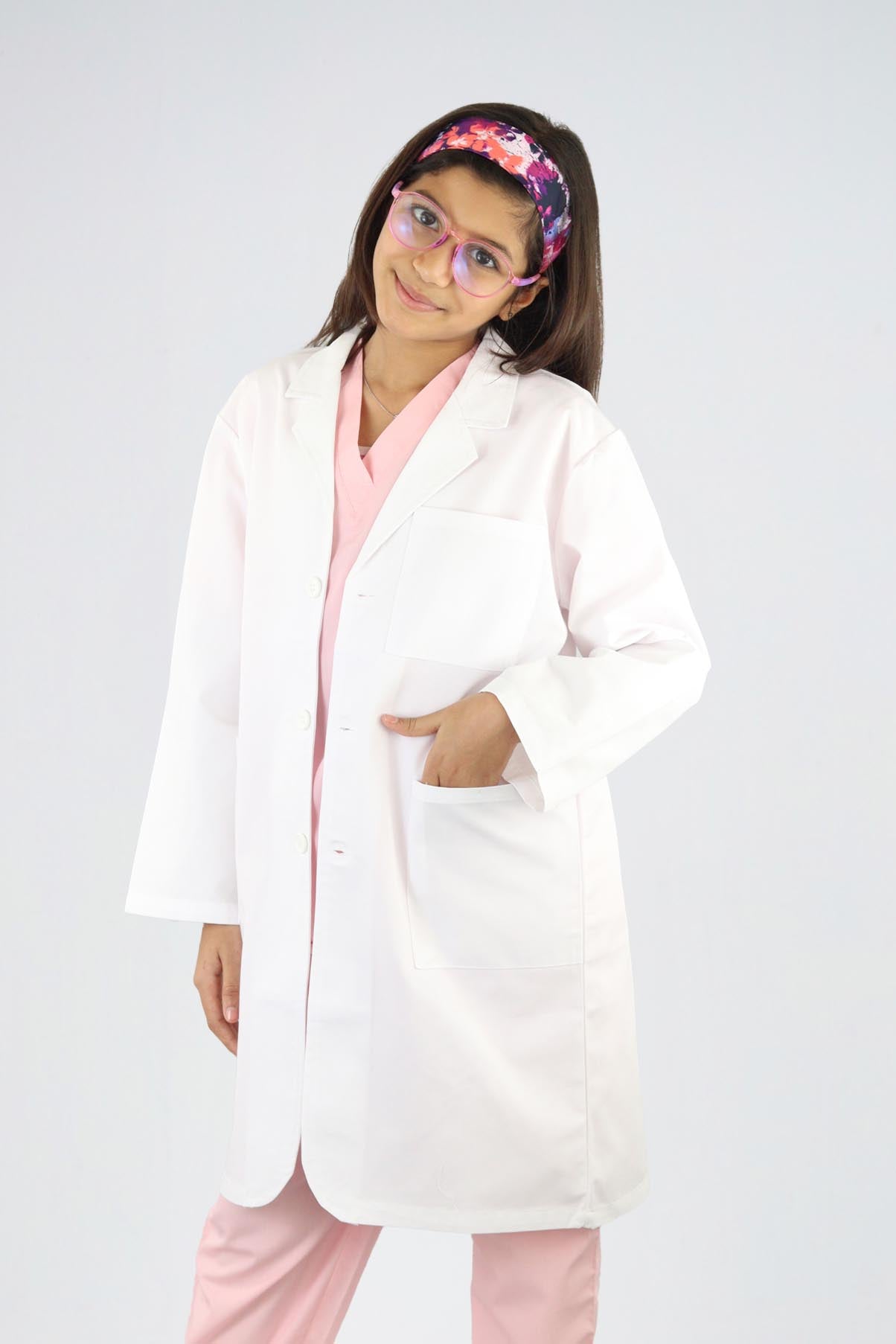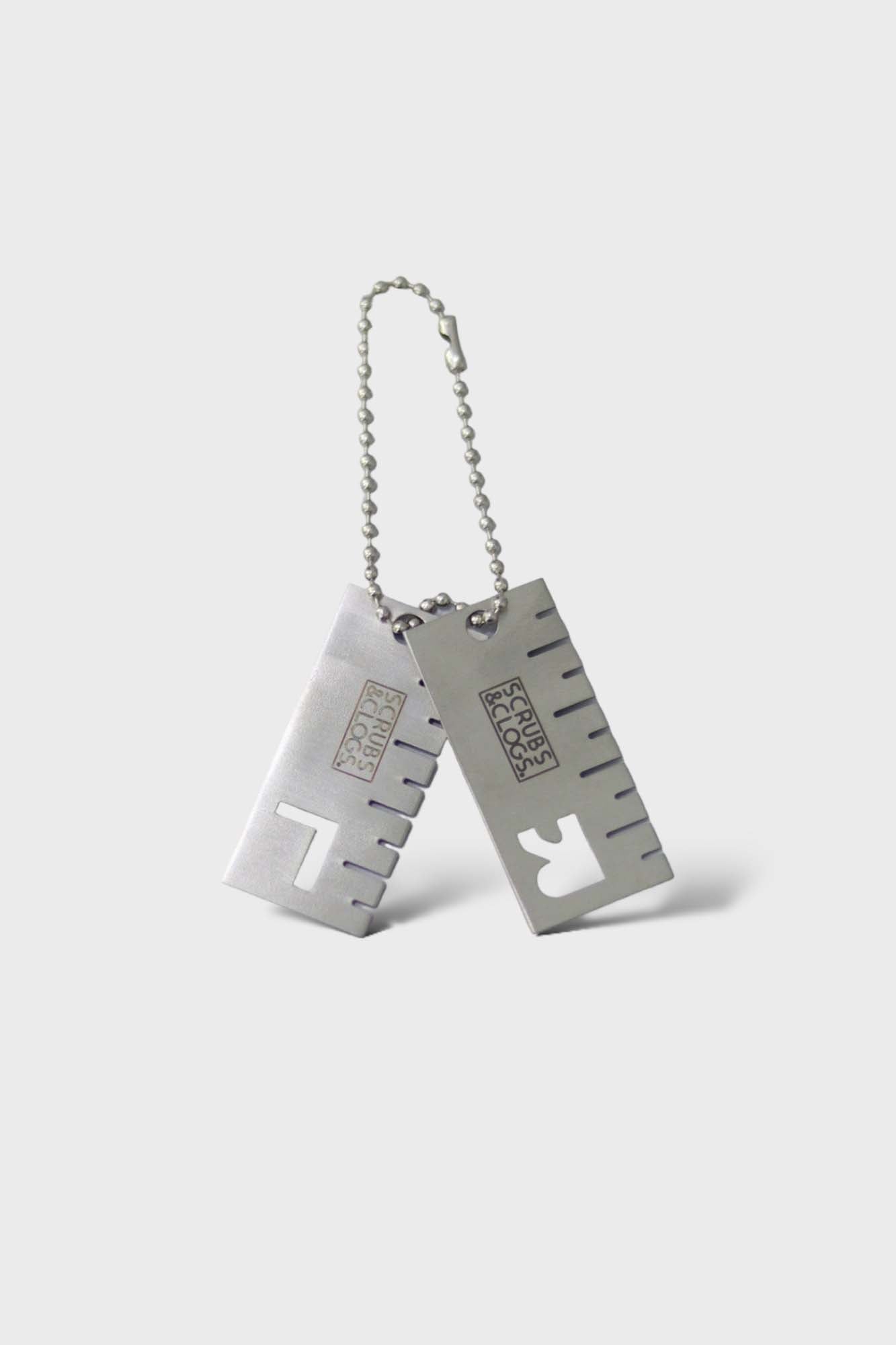Top Demanding Physician Specialities for the Future


For aspiring medical students, selecting a specialty can feel daunting. With a vast array of options, it's crucial to choose a path that aligns with your interests and offers promising career prospects. This guide explores 10 physician specialties expected to be highly in-demand in the future, shaped by advancements in technology and the evolving healthcare landscape.
The Rise of Digital Health
The future of medicine is inextricably linked to digital health – a broad term encompassing mobile health, telehealth, wearable devices, and personalized medicine. These tools empower physicians to:
- Enhance diagnoses and treatment: Real-time patient data from wearables can inform clinical decisions and personalize treatment plans.
- Improve patient outcomes: Telehealth platforms enable remote consultations, expanding access to care for patients in geographically dispersed areas.
- Streamline workflows: Digital tools can automate administrative tasks, freeing up valuable physician time for patient interaction and innovation.
Top 10 In-Demand Physician Specialties
1. General Practice (GP)
- Impactful Relationships: GPs build long-term relationships with patients, providing comprehensive primary care.
- Tech-Enabled Care: Wearable devices can transmit vital signs data, aiding in proactive care and reducing in-person visits.
2. Emergency Medicine
- Fast-Paced Environment: Emergency physicians thrive in high-pressure situations, making split-second decisions.
- Technology for Speed: Future advancements will focus on quicker response times, efficient medical supply delivery, and potentially mobile clinics for on-site care.
3. Ophthalmology
- Visionary Advancements: Bionic eyes and retinal implants are already realities, and future advancements hold immense potential.
- Revolutionizing Eye Care: Physicians will be at the forefront of developing and implementing new technologies to improve vision and treat eye diseases.
4. Sports Medicine
- Optimizing Performance: Sports medicine physicians help athletes achieve peak performance and recover from injuries.
- Tech-Driven Training: Advanced wearables and data analysis tools will further enhance personalized training programs for athletes.
5. Oncology
- Precision Medicine: Oncologists are increasingly tailoring treatment plans based on individual patient factors like genetic mutations.
- Early Detection, Faster Recovery: Future advancements aim for easier and earlier cancer detection, leading to less invasive treatments and quicker recoveries.
6. Dermatology
- Skin Deep Solutions: Dermatologists address a wide range of skin conditions, with a growing focus on preventive care.
- AI-Powered Diagnosis: Melanoma-diagnosing machines hold promise for more accurate and early skin cancer detection.
7. Gastroenterology
- Nanotechnology's Role: Advancements in nanotechnology will enable visualization of gastrointestinal problems on a microscopic level.
- Dietary Precision: Future food scanners can assist in diagnosing and managing dietary issues like gluten or peanut allergies.
8. Obstetrics & Gynecology (OB-GYN)
- Empowering Women's Health: Future technologies will revolutionize women's healthcare, with a focus on non-invasive diagnostics for early detection and improved pregnancy outcomes.
9. Cardiology
- Heart of Innovation: Cardiologists will utilize new devices and technologies for more efficient treatment of heart disease, saving more lives.
- Early Intervention: Advancements will enable earlier detection and treatment of heart conditions, potentially preventing complications.
10. Neurology
- Unlocking the Brain's Mysteries: Neurology remains a fascinating field with much to be discovered. New technologies hold the potential for diagnosing and treating neurological disorders before symptoms even appear.
Embracing the Future
The medical landscape is constantly evolving, offering exciting opportunities for future physicians. By embracing digital health innovations and staying at the forefront of advancements, these high-demand specialties will play a pivotal role in shaping a healthier tomorrow.


















